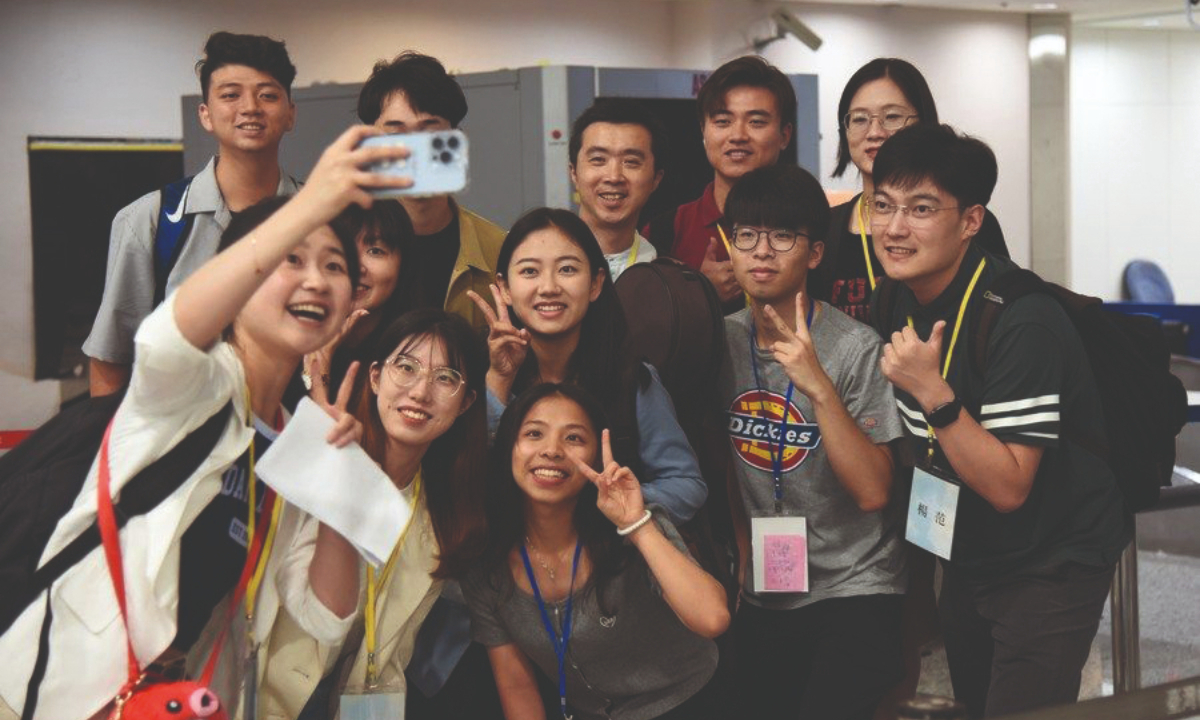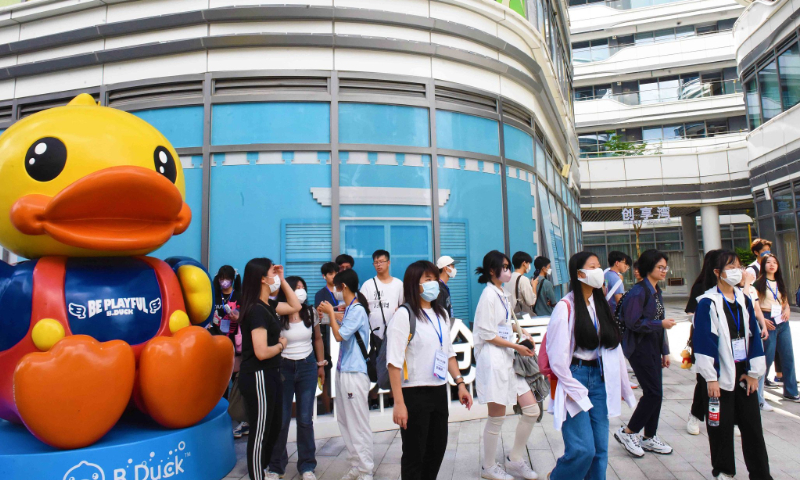China’s Nanjing University launches groundbreaking AI core curriculum for new students

AI Photo:VCG
Nanjing University announced a pioneering move on Tuesday, launching an AI general curriculum aimed at fostering AI literacy among all new students. This marks a significant first in AI education in China, demonstrating the nation's commitment to aligning with global advancements in AI and education.
During a new semester meeting held on Tuesday, Tan Tieniu, an academician from the Chinese Academy of Sciences, highlighted the importance of the course. "The curriculum meets the inevitable demand of adapting to the times and cultivating the new generation," Tan stated, as reported by cnr.cn.
The curriculum, as reported by cnr.cn, is structured around a compulsory AI core course, supplemented by a series of AI literacy courses and interdisciplinary courses that deeply integrate AI with various academic disciplines.
Courses are designed as a comprehensive educational approach, which will cover knowledge, skills, values, and ethics, aiming to explore the integration of AI and education through changes in content, faculty, teaching methods, learning approaches, and assessment techniques.
This course will lay the foundation of AI studies for students, enabling a comprehensive understanding from basic concepts to advanced technologies. It aims to encourage students to integrate AI into other disciplines, creating more interdisciplinary applications, Wang Peng, an associate researcher at the Beijing Academy of Social Sciences, told the Global Times on Tuesday.
Tan emphasized the significance of AI in leading a new round of technological revolution and industrial transformation that is still in its early stages. Driven by new theories and technologies such as mobile internet, big data, supercomputing, sensor networks, and brain science, AI has a profound impact on economic development, social progress, and global governance.
Students from Nanjing University should treat AI as an indispensable part of university learning. It is essential for all students to continuously enhance AI-related awareness, knowledge, and skills, Tan stated.
This initiative is the latest attempt in the Chinese higher education sector to incorporate AI education. According to the Shanghai Ranking's official website, at least 248 universities in China have introduced AI majors, with Tsinghua University, Shanghai Jiao Tong University, and Nanjing University leading the 2023 rankings.
As a renowned institution, Nanjing University's approach may serve as a model for other universities, which could lead to similar adoption. With the development of the curriculum, Nanjing University's textbooks, teaching resources, and methods could be shared by other schools, creating a competitive landscape in AI education among higher education institutions, Wang stated.
In addition to efforts by various universities , multiple government departments, including Ministry of Education, have launched an action plan to boost digital literacy and skills. The collaborative strategy aimed to create a more comprehensive digital literacy and skill development system, fostering digital competence in schools and boosting digital economy.
Government policies and financial support have provided a solid backing for universities to offer AI majors. With the booming development of China's AI industry and the growing demand for talents, universities are increasing their investments in AI education, Wang noted.




